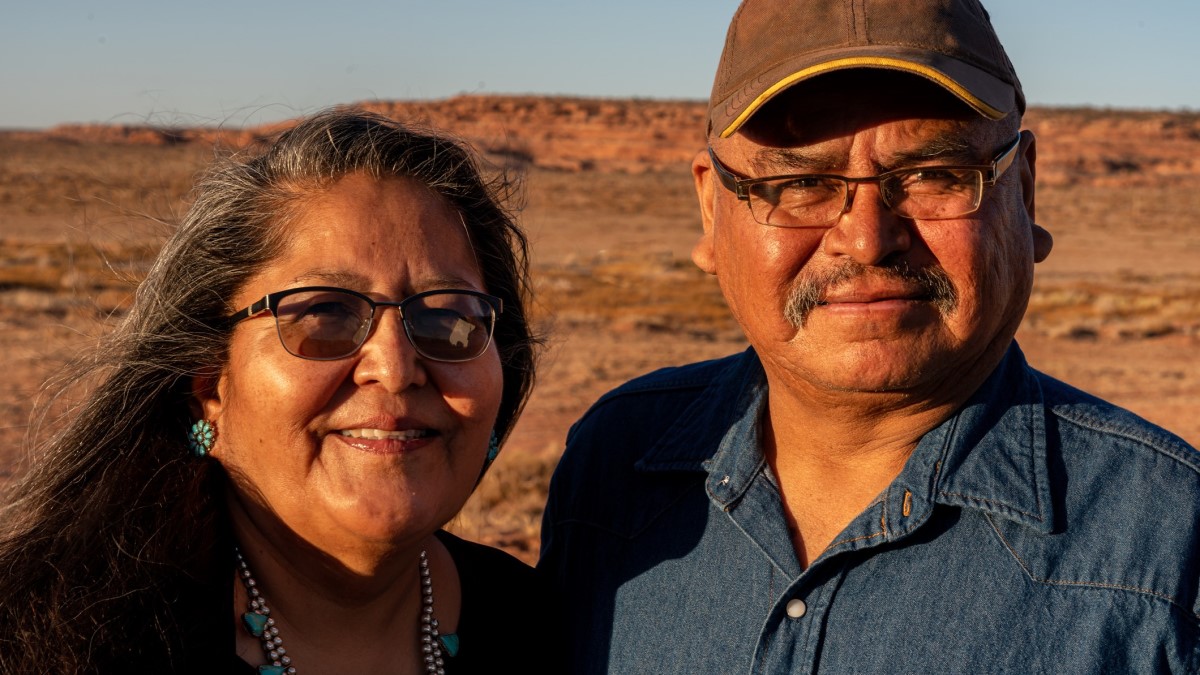What to know
Native American people are more likely to get certain cancers compared to non-Hispanic White people.
Background

American Indian and Alaska Native (Native American) people have much higher rates of getting several cancers, including lung, colorectal, liver, stomach, and kidney cancers, compared to non-Hispanic White people in the United States. There are also important differences in the rate of getting cancer between the six regions where most Native American people live.
Key findings
Scientists used United States Cancer Statistics data to see how many Native Americans got cancer from 2012 to 2016. They compared rates of getting cancer in six regions: the Northern Plains, Alaska, Southern Plains, Pacific Coast, East, and Southwest.
- American Indian and Alaska Native people were more likely to get liver, stomach, kidney, lung, colorectal, and female breast cancers than White people in most regions.
- Compared to White men, Native American men had higher rates of getting liver, stomach, kidney, colorectal, and lung cancer, as well as myeloma.
- Compared to White women, Native American women had higher rates of getting liver, stomach, kidney, colorectal, and cervical cancer.
- Native American men were more likely to get cancer than Native American women. The difference ranged from 23% more likely for lung cancer to 129% more likely for liver cancer.
- The biggest differences in cancer rates between Native American men and White men were found in Alaska, followed by the Southern Plains, Southwest, and Northern Plains.
- The biggest differences in cancer rates between Native American women and White women were found in the Southern Plains, followed by the Northern Plains, Alaska, and Pacific Coast.
Making sure the data are correct
In cancer registry records, more American Indian and Alaska Native cancer patients are incorrectly classified as members of another race than are patients in other racial groups. Two steps are taken to help make sure cancer data are correct for American Indian and Alaska Native people:
- Cancer incidence data from the central cancer registries have been linked with the Indian Health Service patient database.
- Only data from Purchased/Referred Care Delivery Area counties are used. These counties contain federally recognized tribal lands or are adjacent to tribal lands. Racial classification for American Indian and Alaska Native people is more accurate in these counties.
How can cancer rates be lowered among Native American people?
American Indian and Alaska Native people have some of the highest rates of getting certain cancers in the United States. To help lower the number of future cancers, experts suggest:
- Making sure American Indian and Alaska Native people get cancer screening tests. Screening tests can prevent some common cancers or find them early, when they are easier to treat.
- Making sure preventive health care services and programs are available to help people quit smoking.
- Developing programs that promote healthy eating and keeping a healthy weight.
Spotlight
Dr. Sherri Stewart, a Pamunkey Indian, shares the story of her grandfather's cancer diagnosis in this blog post.
Data citation
Melkonian SC, Weir HK, Jim MA, Preikschat B, Haverkamp D, White MC. Incidence and trends of the leading cancers with elevated incidence among American Indian and Alaska Native populations, 2012–2016. Am J Epidemiol. 2021;190(4):528–538.
